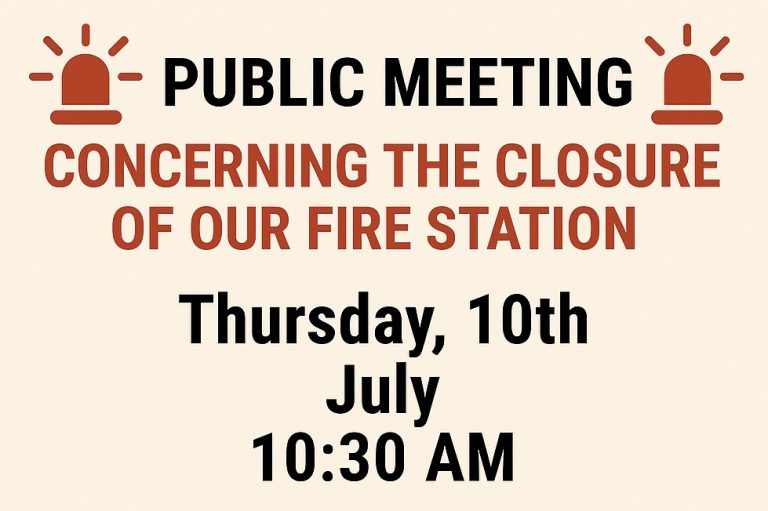
25 September 2024, 15:41
Official reports examining the severe flooding that affected Newport, East Cowes and Ryde last autumn are now available to read online.
Roads, homes and businesses were submerged on the Island as a result of Storm Babet and Storm Ciaran in October and November 2023.
At least 317 properties experienced flooding during unprecedented rainfall.
In response, the Isle of Wight Council commissioned a series of independent investigations to better understand the causes and any factors that may have influenced the severity of the flooding.
The in-depth studies, known as ‘Section 19 flood investigation reports’, involved collecting information from those directly affected by the flooding, as well as private bodies with flood management responsibilities.
Three reports have been published today (Wednesday) on the council’s website. A further Section 19 report for Brading and an addendum for Binstead will be published next month with a report for Cowes to follow later in 2024.
The council will now consider all the recommendations, taking into account how many can be delivered and in what timescales given the resource and cost implications.
Some actions will require the council to work closely with key stakeholders and landowners, including Island Roads, the Environment Agency and Southern Water.
Developing a Community Flood Plan and investigating opportunities for Sustainable Drainage Systems (SuDS) to manage storm water are among eight recommendations proposed for Newport.
At least 56 properties suffered internal flooding in the county town with Gunville being one of the worst affected areas.
In addition to improved flood maps and enhanced monitoring, the report recommends carrying out an investigation into the condition and capacity of the culvert under Arthur Moody Close and watercourse at Ash Lane.
Seven recommendations have been put forward for East Cowes including establishing a flood action group and developing a Community Flood Plan.
Other priorities include replacing or improving the existing tidal outfall and carrying out feasibility studies in providing extra surface water drainage capacity and increasing the capacity of the watercourse at Church Path.
Improved gully and highway drainage maintenance is also being recommended.
The latest Monktonmead report is an addendum to a previous Section 19 report published following flooding in 2021.
At least 107 properties were flooded during Storm Babet — estimated to have been a one in 144 and and one in 190 year event.
The report considers the incident response as well as the actions undertaken following the 2021 and 2023 floods and makes a number of recommendations around property flood resilience, surface water drainage, surface water management and community flood preparedness.
It also notes the detailed review currently being undertaken by the Environment Agency into the causes of the flooding last October and the operation of the Monktonmead Flood Alleviation Scheme.
Councillor Karen Lucioni, Cabinet member for community protection, said: “It was essential that we took action to properly look into the causes and impacts of the flooding that occurred last year. Many residents were adversely affected and much distress and damage to properties resulted.
“I would like to thank everyone who contributed to this work as their input has proved invaluable as we now look to take forward potential options to take preventative steps and to mitigate the risk of similar flooding occurring in the future.
“I would also like to thank residents for their patience while these reports have been prepared.”
Contact Information
Martin Neville
Isle of Wight
martin.neville@iow.gov.uk









